Priyanka Gandhi Vadra, the stalwart of the Congress, has spearheaded an uncompromising crusade throughout the nation. Unyielding and relentless, she immersed herself in the heartlands of Raebareli and Amethi for a solid fortnight, rallying fervently for her brother Rahul Gandhi, and KL Sharma. Emerging from the trenches of her campaign, Priyanka Gandhi engaged in a gripping tête-à-tête with seasoned journalist Ravindra Ojha, representing The Interview World. Their discourse traversed the battlegrounds of strategic evaluations, incendiary political rhetoric, the thunderous “Modi ki Guarantee” campaign, Prime Minister Narendra Modi‘s relentless assaults on the Congress, and the bombastic BJP’s audacious “400-plus” battle cry. Herein lies the unyielding essence distilled from this high-octane interview.
Q: What are the implications of the BJP’s ‘400 paar’ slogan, and has it had the opposite effect than intended?
A: The discourse has shifted away from that topic; therefore, it’s advisable to inquire from the relevant sources directly. The initial statement appeared as an unwarranted exaggeration stemming from a sense of superiority. Remarkably, following four rounds of polling, it has vanished not only from the rhetoric of BJP leaders but also from mainstream media coverage.
What has sparked considerable concern among the populace is the assertion by several BJP candidates and officials that surpassing 400 seats would warrant a revision of the Indian Constitution. The Constitution of India safeguards the rights of its citizens, encompassing crucial aspects such as voting rights, reservations, access to food, education, and the freedom to protest.
Given the track record of this administration in eroding democratic institutions over the past decade, there is legitimate doubt regarding its commitment to upholding constitutional principles and reinforcing democratic norms. There are numerous instances where those in power undermined democratically elected state governments, incarcerated chief ministers during elections, and stifled opposition party finances. Furthermore, undemocratic tactics like expelling MPs from Parliament, passing laws without adequate debate, and employing state apparatuses to target political rivals have been observed.
Understandably, people are apprehensive and vigilant. The Modi government has demonstrated a willingness to resort to any means necessary to maintain unchecked authority.
Q: Given the BJP’s claim of securing over 400 seats, how do you respond to this assertion?
A: Upon what criteria do they claim to secure 400 seats? Are they relying on divination? They must have undertaken prior actions to anticipate such a result, otherwise, their assertion lacks credibility.
In the present context of fair electoral practices, devoid of electronic voting machine manipulation, I assert with certainty that their seat count will not surpass 180.
Their discourse notably avoids addressing pressing issues such as unemployment, inflation, and the struggles of farmers and women. Instead, they engage in diversionary tactics to sway public attention.
There exists a palpable desire among the populace for transformative politics, as evidenced by the lack of progress in the lives of ordinary citizens over the past decade. Unemployment persists, inflation remains unchecked, and financial hardships prevail. It appears that leaders are overlooking pertinent matters, perhaps due to a disconnect between them and the realities faced by the populace.
Q: What are the implications of the INDIA bloc and Congress campaign focusing on issues such as caste census, unemployment, price rise, and misgovernance? Do these concerns truly resonate with the populace, and if so, how do they impact the electorate’s perceptions and decisions?
A: The issue at hand transcends mere confidence; it entails a sober assessment of the realities affecting the populace. Presently, all segments of society, from the impoverished to the farming community and the middle class, are grappling with profound challenges. Inflation has soared to unprecedented levels, while unemployment has surged to its highest point in 45 years, leaving seventy crore Indians without jobs. These pressing concerns resonate within every household, affecting families across the nation. Neglecting these issues and resorting to diversionary tactics in public discourse is an affront to the electorate, who yearn for meaningful solutions.
These issues resonate deeply with the populace. The Prime Minister’s remarks about the Congress manifesto, likening it to stealing buffaloes, elicit either derision or indignation from ordinary citizens. They rightfully expect a leader of dignity and stature, and such comments only erode trust. Although some may attempt humor, the stark reality remains: families struggle to put food on the table, and many cannot make ends meet despite having multiple breadwinners. Furthermore, the agricultural sector faces immense challenges, compounded by the burden of GST on essential farming inputs.
Q: How would you assess the campaign and strategy, given that more than half of the election is complete, based on your active engagement and the polling data thus far?
A: There appears to be a mounting opposition against the BJP, evident in various contexts. Across the nation, there’s palpable discontent among the populace regarding a political landscape seemingly detached from addressing their pressing concerns. This sentiment is widespread, cutting across socioeconomic divides – whether among the impoverished, the agricultural community, the labor force, or the middle class. The populace is clamoring for substantive solutions, urging politicians to be held accountable for their decisions. What they desire is a governance framework that prioritizes development and prosperity for all. This prevailing sentiment seems to resonate in the outcomes of recent polling exercises.
Q: What trends and shifts are shaping the trajectory of contemporary political discourse?
A: The political discourse has escalated significantly. Instead of addressing pressing issues like unemployment and inflation, attention is diverted to incidents like buffalo and mangalsutra thefts. The BJP fails to outline concrete plans for addressing these economic challenges. In contrast, the Congress emphasizes its commitment to addressing people’s concerns and offering tangible solutions to alleviate their hardships.
Q: How integral do you perceive the concept of the ‘idea of India’ to be in shaping the discourse and outcomes of this election?
A: Absolutely, indeed it is. Over the past decade, our governance has been shaped by the RSS and BJP ideologies. During this period, democratic institutions have faced erosion, with Parliament relegated to a mere rubber stamp. Educational curriculums have been scrubbed of historical facts to align with their worldview. Additionally, the judiciary has faced undue influence, certain societal groups have been unjustly targeted, and divisive narratives have been propagated.
Moreover, media independence has been compromised, governmental bodies have been weaponized against political opposition, and fundamental constitutional principles have been undermined. Today, the very essence of our democracy is under threat.
Our struggle is reminiscent of the vision and sacrifices of leaders like Gandhiji, Nehruji, and Sardar Patel, along with countless freedom fighters. They laid the foundation for a nation that stands as a beacon of diversity, resilience, and pluralism in the subcontinent. Our democratic and secular ethos has been instrumental in our progress, safeguarding us from the fate of failed states in our vicinity.
Indeed, the significance of our democracy cannot be overstated.
Q: What factors contribute to the BJP’s confidence in ‘Modi ki guarantee,’ and how do they perceive its impact on their political standing and agenda?
A: Over the past decade, the commitments made by Prime Minister Modi have largely remained unfulfilled. Consequently, there arises a pertinent question: why should we accord credibility to his purported “guarantees”?
Q: How did you arrive at the decision not to contest in the 2024 general elections?
A: In these constituencies, remote campaigning simply won’t suffice. We share deep-rooted connections with the community, having devoted years to serving them. Residents anticipate our engagement, expecting us to visit their homes and be present among them. Having spent considerable time here, the decision was pragmatic. While Priyanka and Rahul Gandhi were engaged in nationwide campaigning, simultaneous presence in both constituencies was impractical. It’s only fitting that both of us engage directly with constituents. Hence, we concluded that while Rahul continues national campaigning, I will oversee these two elections.
Q: Could you share your perspective on the frequent characterization of your brother as ‘shehzada’ by Modi, particularly in the context of concerns regarding dynastic politics?
A: It appears that he has softened his stance, welcoming numerous individuals from political dynasties into his party’s fold. This trend has become particularly pronounced within the BJP, surpassing other political factions. However, the prime minister’s rhetoric often lacks consistency, selectively applying principles to everyone except himself and his party.
Q: What are the prospects for the INDIA bloc in the last two phases of the Uttar Pradesh elections? Additionally, do you think the alliance between Congress and the Samajwadi Party (SP) will remain strong through the 2027 state elections?
A: There’s a discernible undercurrent gaining visibility as the elections unfold. The alliance exhibits remarkable unity and effectiveness. Consequently, I anticipate highly favorable outcomes in Uttar Pradesh for our coalition.
As previously stated, our team is functioning exceptionally well, demonstrating strong cohesion and collaboration. On the operational front, our dedicated workforce is exerting maximum effort and commitment. Consequently, I am confident that this collective endeavor will lead us to triumph.
Q: How likely is it that Rahul will become the Prime Minister if INDIA block wins on June 4, given his leadership position in the largest party within the INDIA bloc?
A: In the event of such circumstances, the leaders of the alliance will collectively make this decision.


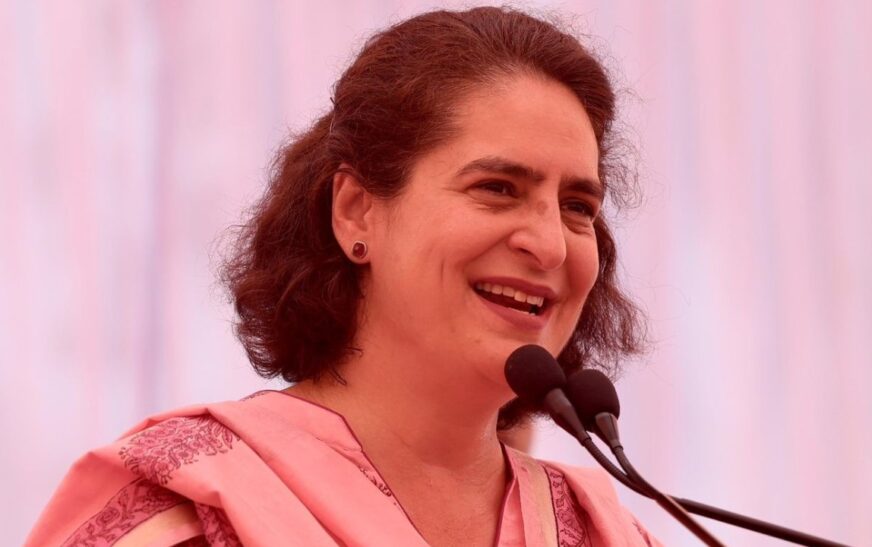
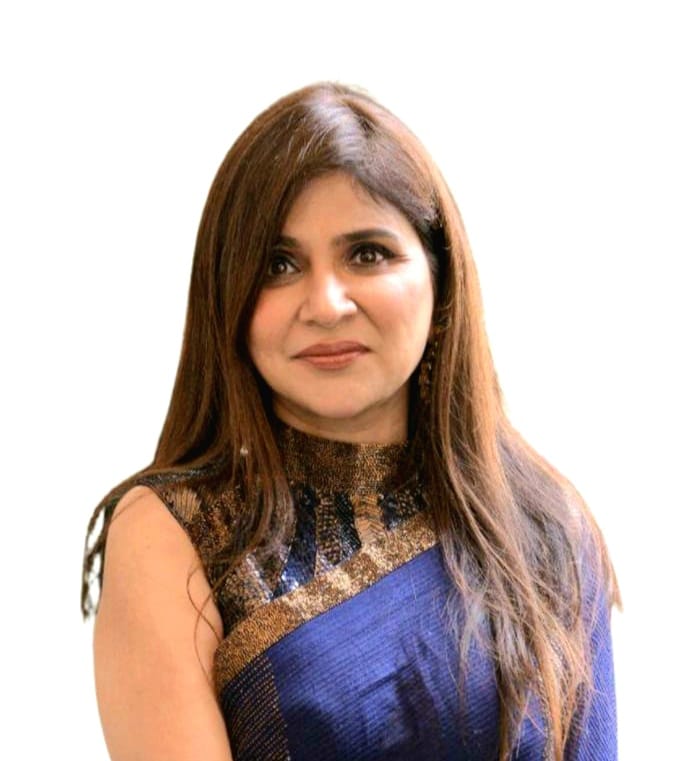
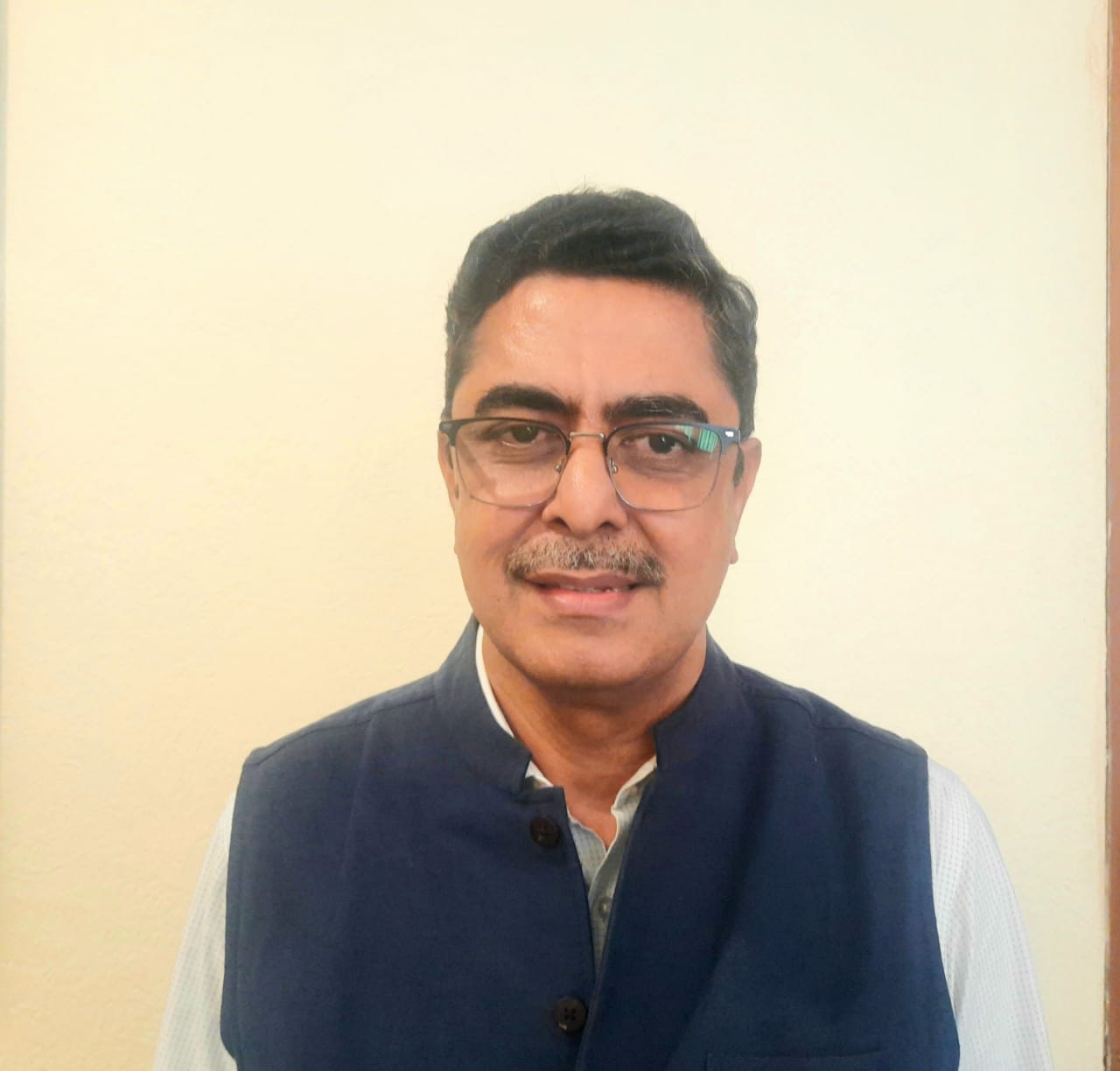
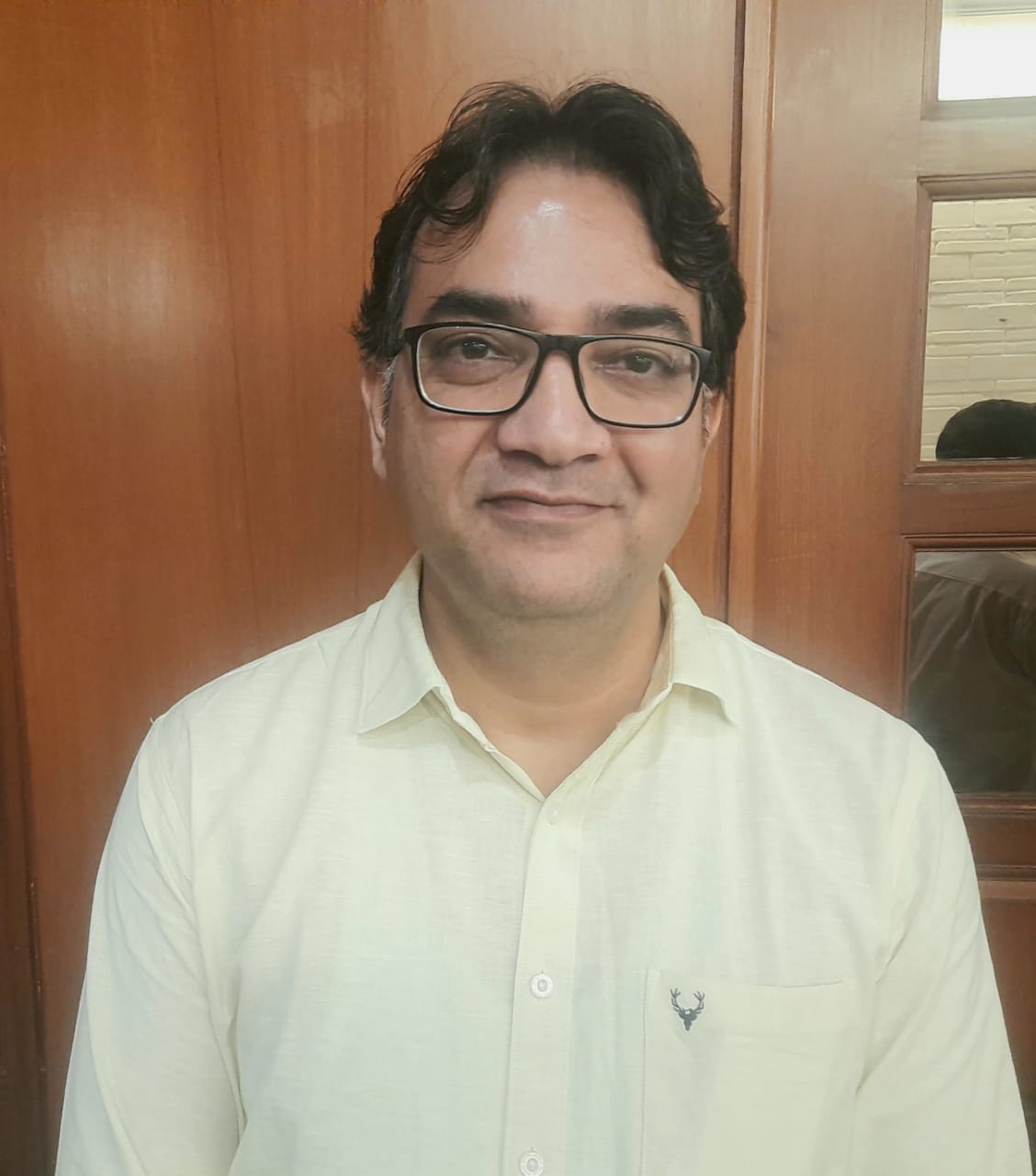
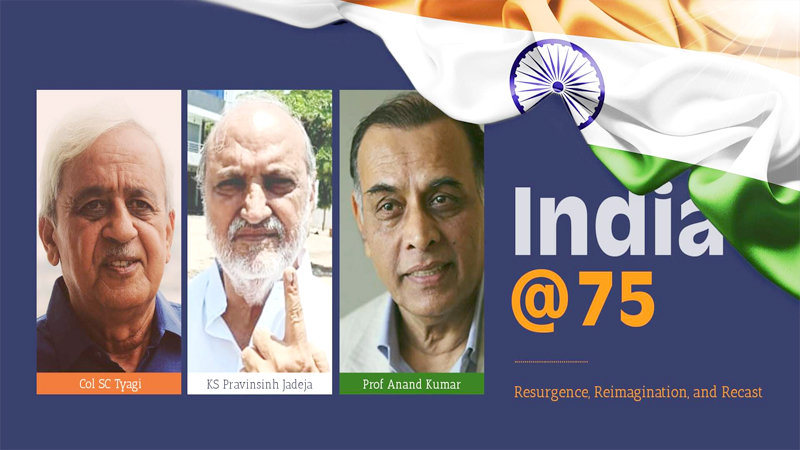
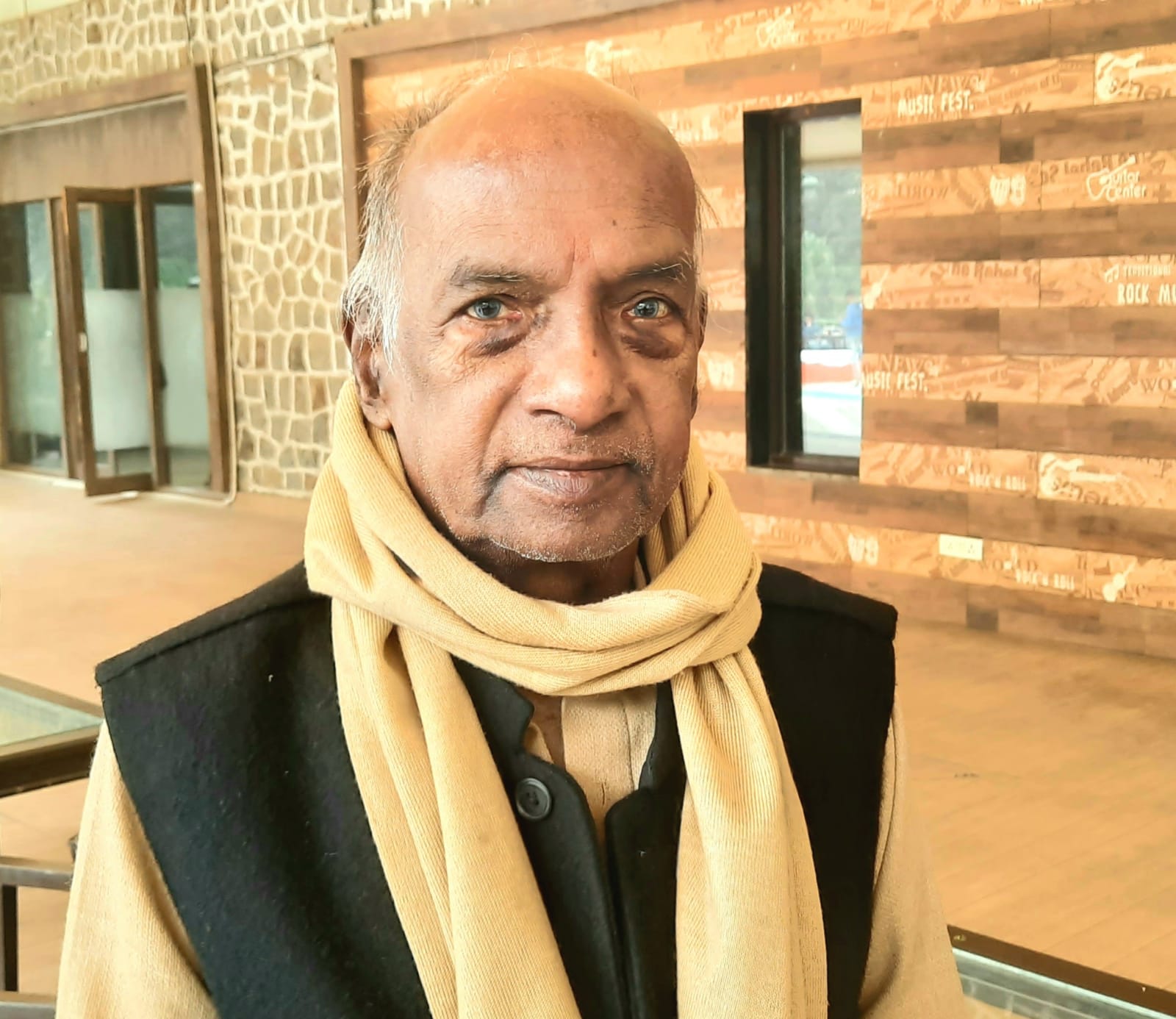
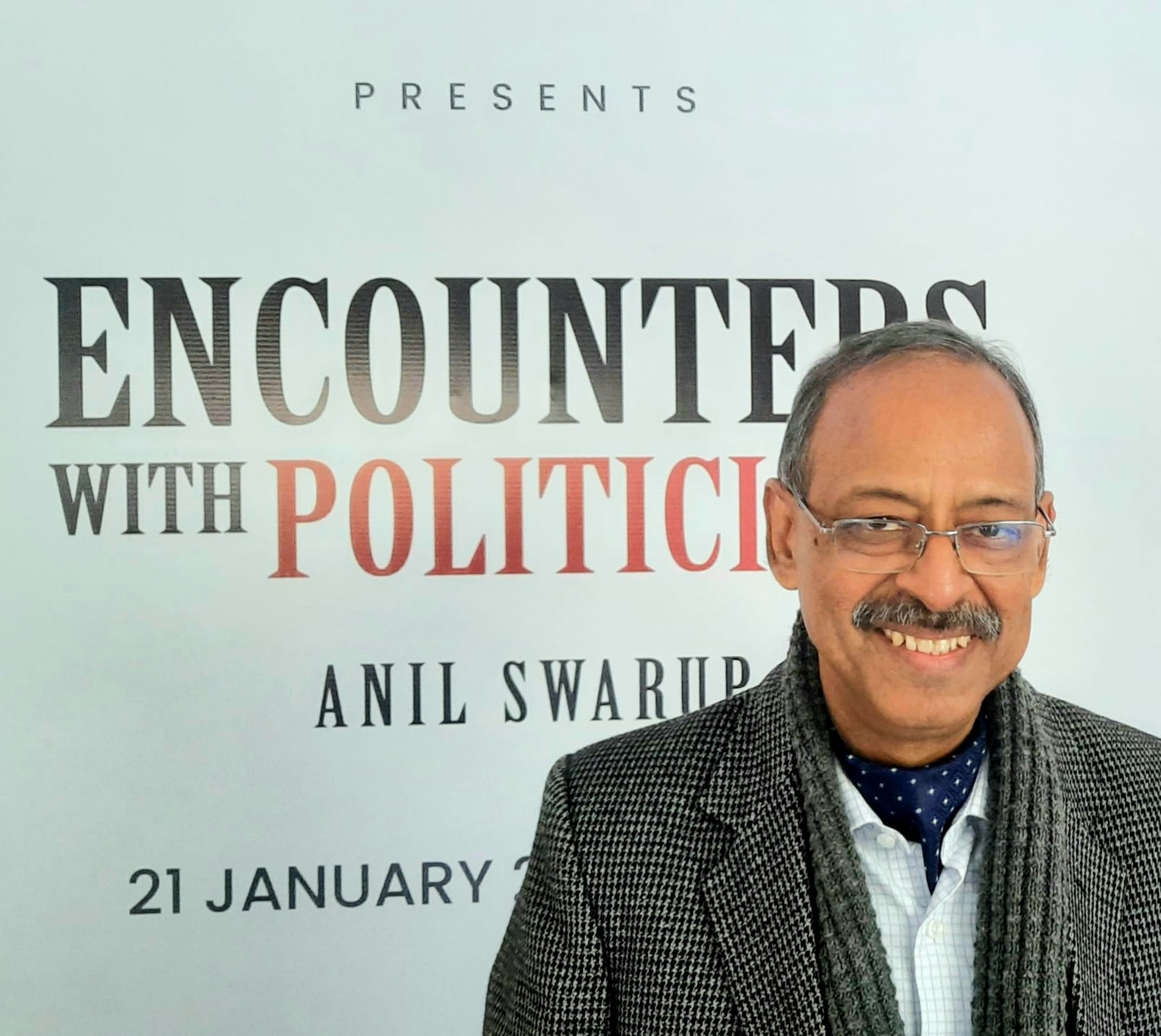
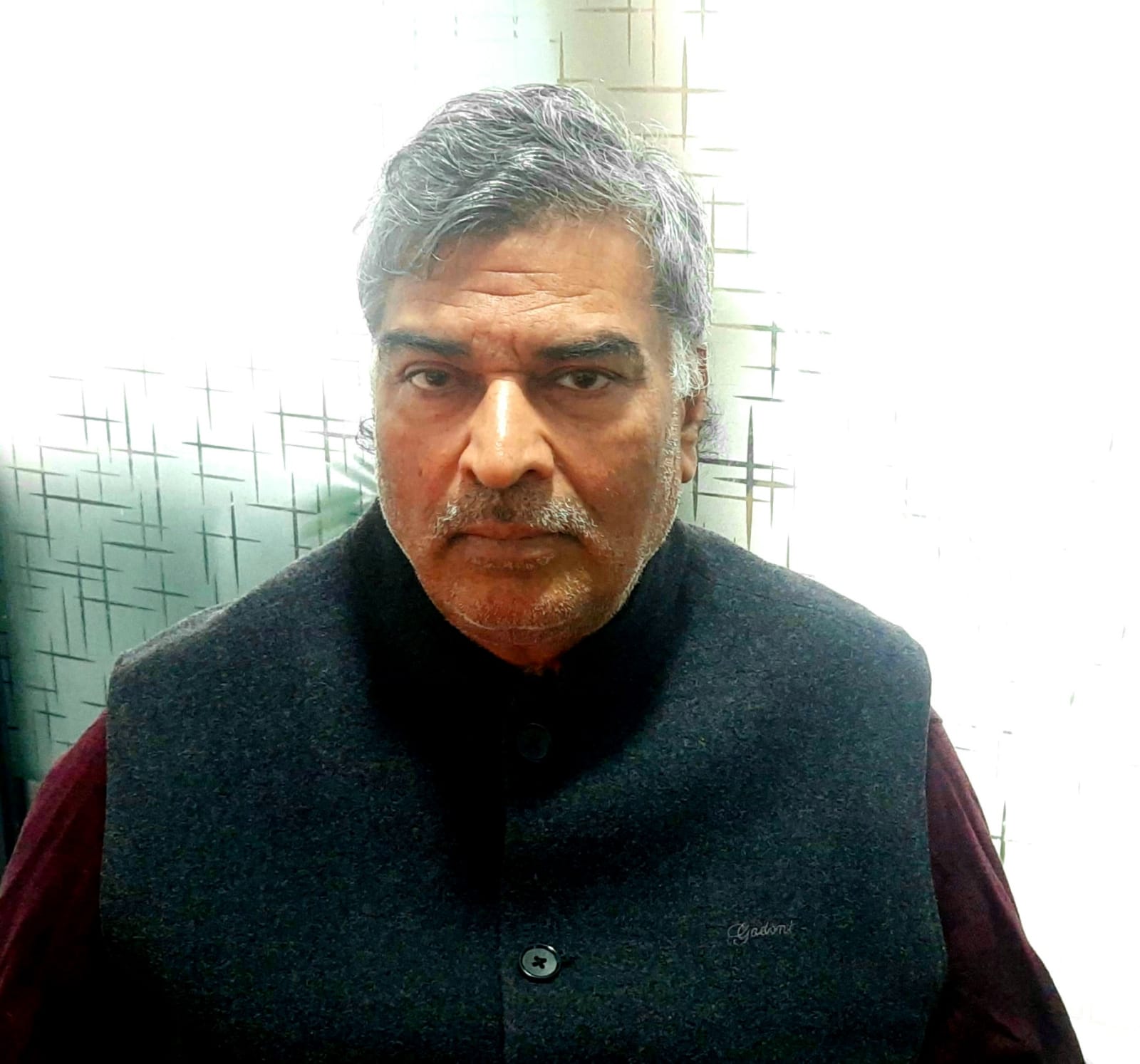
80 Comments
Mai ek bar mili hu Priyanka Gandhi se,sabase alag lagi mujhe…….v nice
I would like to thnkx for the efforts you have put in writing this blog. I am hoping the same high-grade blog post from you in the upcoming as well. In fact your creative writing abilities has inspired me to get my own blog now. Really the blogging is spreading its wings quickly. Your write up is a good example of it.
Yay google is my queen assisted me to find this great website ! .
I truly enjoy looking through on this website , it has good content.
I really appreciate this post. I?¦ve been looking all over for this! Thank goodness I found it on Bing. You’ve made my day! Thanks again
Very interesting topic, thanks for posting.
I like the helpful info you provide in your articles. I’ll bookmark your blog and check again here frequently. I am quite sure I’ll learn many new stuff right here! Good luck for the next!
I got good info from your blog
Wonderful beat ! I would like to apprentice whilst you amend your web site, how can i subscribe for a blog web site? The account helped me a appropriate deal. I have been a little bit acquainted of this your broadcast offered bright clear concept
Enjoyed reading this, very good stuff, regards.
I am constantly searching online for posts that can help me. Thank you!
I really appreciate this post. I have been looking all over for this! Thank goodness I found it on Bing. You have made my day! Thank you again
Hey, you used to write wonderful, but the last several posts have been kinda boring… I miss your tremendous writings. Past several posts are just a bit out of track! come on!
Great blog! I am loving it!! Will be back later to read some more. I am bookmarking your feeds also.
I went over this internet site and I think you have a lot of great info , saved to favorites (:.
Great post. I am facing a couple of these problems.
I am really impressed with your writing skills and also with the layout on your blog. Is this a paid theme or did you customize it yourself? Anyway keep up the excellent quality writing, it’s rare to see a great blog like this one today..
Definitely imagine that which you said. Your favourite reason appeared to be at the net the easiest thing to understand of. I say to you, I certainly get annoyed at the same time as other folks consider concerns that they just do not know about. You controlled to hit the nail upon the top as smartly as outlined out the entire thing with no need side-effects , other people could take a signal. Will probably be again to get more. Thank you
Great write-up, I’m normal visitor of one’s website, maintain up the nice operate, and It’s going to be a regular visitor for a lengthy time.
I like this web blog very much, Its a really nice place to read and find information. “The mark of a good action is that it appears inevitable in retrospect.” by Robert Louis Stephenson.
Thanks for the blog post, can I set it up so I get an update sent in an email every time you publish a new update?
I know this if off topic but I’m looking into starting my own blog and was wondering what all is required to get setup? I’m assuming having a blog like yours would cost a pretty penny? I’m not very web smart so I’m not 100 certain. Any suggestions or advice would be greatly appreciated. Thank you
Good post and straight to the point. I don’t know if this is really the best place to ask but do you people have any ideea where to employ some professional writers? Thanks in advance 🙂
As soon as I detected this internet site I went on reddit to share some of the love with them.
I am not sure where you are getting your information, but good topic. I needs to spend some time learning more or understanding more. Thanks for fantastic info I was looking for this information for my mission.
Wow, awesome blog layout! How long have you been blogging for? you made blogging look easy. The overall look of your web site is fantastic, as well as the content!
You are a very bright person!
You have remarked very interesting points! ps nice website.
Valuable info. Fortunate me I discovered your website by chance, and I’m surprised why this coincidence didn’t came about in advance! I bookmarked it.
Great article and right to the point. I am not sure if this is in fact the best place to ask but do you guys have any thoughts on where to hire some professional writers? Thanks 🙂
Needed to draft you one bit of remark just to say thanks a lot as before for all the splendid advice you have shown at this time. It’s really pretty generous of you to make without restraint all a lot of people could have distributed for an e-book to earn some money for themselves, primarily seeing that you might have tried it if you desired. Those basics additionally served to provide a easy way to recognize that other individuals have a similar dream similar to my personal own to understand good deal more on the subject of this condition. I am certain there are lots of more enjoyable times in the future for people who read carefully your site.
Very nice post and straight to the point. I don’t know if this is actually the best place to ask but do you guys have any ideea where to get some professional writers? Thank you 🙂
I like this site very much, Its a very nice billet to read and incur information. “I’d better get off the phone now, I’ve already told you more than I heard myself.” by Loretta Lockhorn.
Good day! This post could not be written any better! Reading through this post reminds me of my good old room mate! He always kept chatting about this. I will forward this article to him. Pretty sure he will have a good read. Thanks for sharing!
Thank you so much for providing individuals with an extremely pleasant chance to check tips from this website. It can be so great and also packed with a great time for me personally and my office colleagues to visit your web site at minimum 3 times in 7 days to find out the newest guides you have got. Of course, I’m also always satisfied with your great concepts you serve. Selected 4 tips in this posting are essentially the most impressive I’ve ever had.
We are a group of volunteers and opening a new scheme in our community. Your website provided us with valuable information to work on. You have done a formidable job and our whole community will be thankful to you.
Hello! I know this is kinda off topic however I’d figured I’d ask. Would you be interested in trading links or maybe guest authoring a blog post or vice-versa? My blog discusses a lot of the same subjects as yours and I feel we could greatly benefit from each other. If you are interested feel free to send me an e-mail. I look forward to hearing from you! Fantastic blog by the way!
Great post, you have pointed out some great details , I likewise believe this s a very superb website.
There are actually plenty of details like that to take into consideration. That is a nice level to convey up. I supply the thoughts above as basic inspiration however clearly there are questions just like the one you bring up the place a very powerful thing will be working in sincere good faith. I don?t know if finest practices have emerged round things like that, but I am certain that your job is clearly identified as a fair game. Each girls and boys really feel the influence of just a second’s pleasure, for the remainder of their lives.
This web site is really a walk-through for all of the info you wanted about this and didn’t know who to ask. Glimpse here, and you’ll definitely discover it.
Real clear internet site, regards for this post.
As a Newbie, I am permanently exploring online for articles that can benefit me. Thank you
Great write-up, I am regular visitor of one’s web site, maintain up the excellent operate, and It’s going to be a regular visitor for a long time.
Hi there! I’m at work browsing your blog from my new iphone 3gs! Just wanted to say I love reading through your blog and look forward to all your posts! Keep up the great work!
Excellent site. A lot of useful information here. I?¦m sending it to a few friends ans additionally sharing in delicious. And of course, thank you on your effort!
I am not rattling great with English but I find this really easygoing to translate.
I’ll right away grab your rss feed as I can not find your email subscription link or e-newsletter service. Do you’ve any? Kindly let me know in order that I could subscribe. Thanks.
Whats up very nice site!! Guy .. Excellent .. Superb .. I will bookmark your website and take the feeds additionallyKI’m glad to search out a lot of useful information right here in the publish, we need work out extra strategies on this regard, thanks for sharing. . . . . .
Hello. impressive job. I did not expect this. This is a excellent story. Thanks!
You are a very intelligent person!
I would like to thnkx for the efforts you have put in writing this blog. I am hoping the same high-grade blog post from you in the upcoming as well. In fact your creative writing abilities has inspired me to get my own blog now. Really the blogging is spreading its wings quickly. Your write up is a good example of it.
I think other website proprietors should take this website as an model, very clean and superb user pleasant design.
Hi , I do believe this is an excellent blog. I stumbled upon it on Yahoo , i will come back once again. Money and freedom is the best way to change, may you be rich and help other people.
I’ve been absent for a while, but now I remember why I used to love this site. Thanks , I will try and check back more frequently. How frequently you update your web site?
I am extremely impressed with your writing skills as well as with the layout on your blog. Is this a paid theme or did you modify it yourself? Anyway keep up the nice quality writing, it’s rare to see a great blog like this one these days..
This site is known as a walk-through for the entire data you wanted about this and didn’t know who to ask. Glimpse here, and also you’ll undoubtedly uncover it.
Hello, you used to write great, but the last few posts have been kinda boring?K I miss your great writings. Past few posts are just a bit out of track! come on!
I as well believe therefore, perfectly indited post! .
Excellent post but I was wanting to know if you could write a litte more on this subject? I’d be very grateful if you could elaborate a little bit more. Appreciate it!
Very great post. I just stumbled upon your weblog and wished to say that I have really loved surfing around your blog posts. In any case I’ll be subscribing to your rss feed and I’m hoping you write again very soon!
Hi, just required you to know I he added your site to my Google bookmarks due to your layout. But seriously, I believe your internet site has 1 in the freshest theme I??ve came across. It extremely helps make reading your blog significantly easier.
I believe you have observed some very interesting points, thankyou for the post.
I love it when people come together and share opinions, great blog, keep it up.
Hi , I do believe this is an excellent blog. I stumbled upon it on Yahoo , i will come back once again. Money and freedom is the best way to change, may you be rich and help other people.
I went over this website and I think you have a lot of good information, saved to my bookmarks (:.
I’d forever want to be update on new blog posts on this internet site, saved to favorites! .
Hello my friend! I want to say that this post is awesome, nice written and come with almost all significant infos. I’d like to look extra posts like this.
Yay google is my king helped me to find this great internet site! .
Its such as you learn my mind! You seem to understand a lot approximately this, like you wrote the book in it or something. I think that you simply could do with a few p.c. to power the message house a little bit, however other than that, that is excellent blog. A fantastic read. I’ll definitely be back.
Way cool, some valid points! I appreciate you making this article available, the rest of the site is also high quality. Have a fun.
I truly appreciate this post. I have been looking all over for this! Thank goodness I found it on Bing. You have made my day! Thx again
Thank you for any other magnificent article. Where else could anyone get that type of info in such a perfect method of writing? I’ve a presentation next week, and I am at the search for such info.
You are my inhalation, I have few web logs and often run out from to brand : (.
fantastic points altogether, you just gained a new reader. What would you recommend in regards to your post that you made some days ago? Any positive?
Usually I do not read article on blogs, but I would like to say that this write-up very forced me to try and do it! Your writing style has been amazed me. Thanks, very nice post.
Thank you for every other magnificent post. Where else may anybody get that kind of info in such an ideal means of writing? I’ve a presentation subsequent week, and I am at the look for such information.
Everything is very open and very clear explanation of issues. was truly information. Your website is very useful. Thanks for sharing.
Wow! This can be one particular of the most useful blogs We’ve ever arrive across on this subject. Actually Wonderful. I am also a specialist in this topic so I can understand your effort.
I like this web site very much, Its a real nice office to read and get information.
Precisely what I was searching for, thankyou for posting.
Comments are closed.